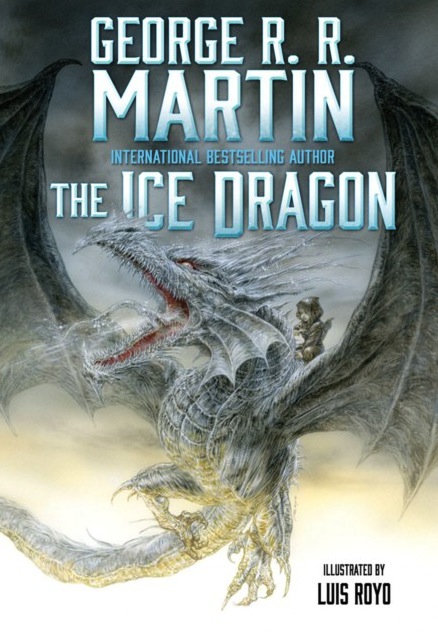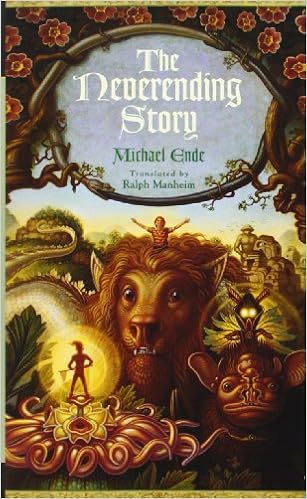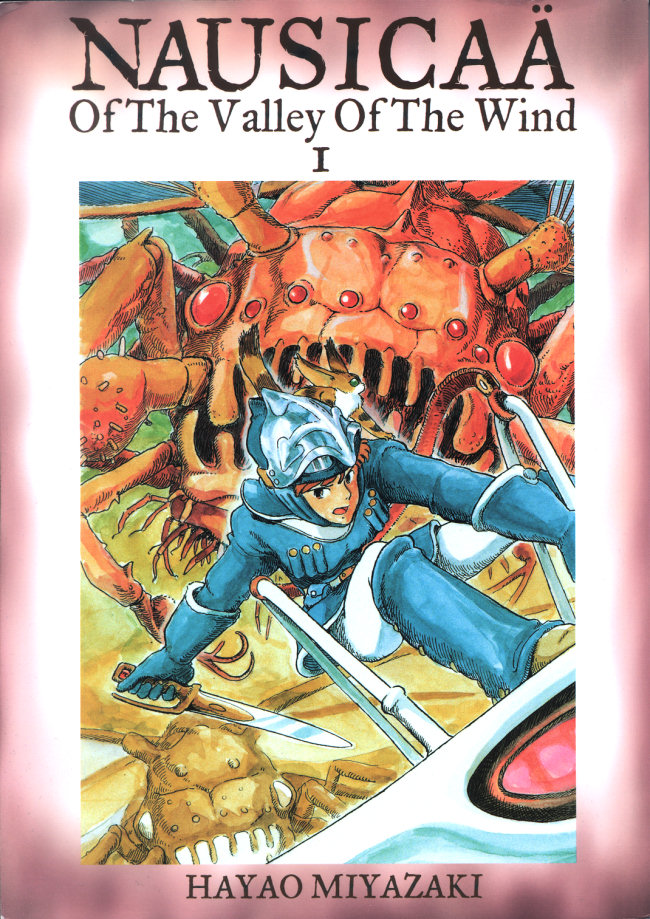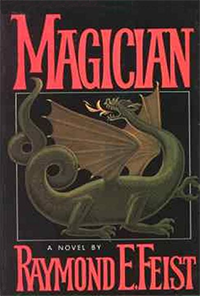The last of the Christopher Tolkien volumes on the work of his father, is a fascinating look at one of the key stories of the Legendarium, but one not suited to audio.
Christopher Tolkien had made a long career and life excavating and examining his father’s work and writings. The richness and the variance, the contradictions, changes, revisions and rethinking make the Legendarium something that volumes of scholarship, analysis and critical thought can be and has been, applied to.
The Fall of Gondolin is the last of Christopher Tolkien’s efforts in this regard. It sits at the last of a trilogy of volumes (Children of Hurin, Beren and Luthien and this, The Fall of Gondolin) that were published after his more mainline and extremely comprehensive volumes on the History of Middle Earth (12 volumes!). The Fall of Gondolin tackles the end of the last major kingdom of elves in the Second Age, as Morgoth waxes to his greatest power over Middle Earth, nearly gaining complete dominion over it in the wake of the destruction of the city, the scattering of its inhabitants, the loss of its treasures.It is a story that is, fundamentally, a tragedy (just as Children of Hurin is)
Gondolin is one of the great places of Middle Earth. When you think of the places and locations in Middle Earth, you think of The Shire, and Rivendell. The Cave of Smaug. The Wood King’s Hall and Caves. Lothlorien. Edoras. Minas Tirith
Add to that Gondolin. Gondolin is the OG Elven Hidden City of Beauty in the Second Age. One cannot compare Gondolin to any place in Valinor. But as far as locales in Middle Earth, it is the shining, yet hidden star of Elvish power, grace and beauty that, really, Lothlorien and Rivendell as small, poor fragments of. Even while it is a hidden city, the path to it kept from Morgoth at price and consequence, it is still a city that is not under siege, it is a city that one can almost forget the dangers and dark of the world outside of the vale in which it sits. Gondolin, sitting in a valley, with some hills, and ringed by protective mountains, evoked for me a place that I suspect that Tolkien would have never considered or contemplated--Kathmandu, Nepal.
But, perhaps there was something in the water. Although it came out in 1933, after Tolkien started writing himself, one might also contemplate Shangri-La, the novel and the subsequent movie Lost Horizon. But there is a steel in the velvet of Gondolin, for the Elves know that Morgoth is searching endlessly, and when he finds the city, the fall will be terrible and the beauty of it destroyed. The Elves won’t give it up without struggle.
And so, like Shangri La, Gondolin hides and waits, a spark of beauty that shines and yet is hidden.
I did make a mistake in picking this book to read. Not because I have not read the other two volumes. Not because of any dislike for Tolkien or the like, far from it. And not because of any lack of grounding for it--readers of this blog will recall my review of The Silmarillion in audio. And there is where the problem lay, dear reader. Following that pleasant experience, I, dear reader, decided to consume this book in audio.
I was under a misapprehension, and stubborn as I am, I did not decide to change course. I had thought that, unlike the History of Middle Earth volumes, that The Fall of Gondolin was a straightforward smoothed and put together narrative of Tolkien’s notes by his son, to provide a single and cohesive story. I was even prepared for invention and gap-filling by his son, because, as anyone who knows more than the bare basics can tell you, the only complete and published works in the Legendarium ARE The Lord of the Rings and The Hobbit. The Silmarillion is the next closest thing to that but it is a hodgepodge of texts.
But what The Fall of Gondolin is, and given the numerous references to passages in the previous two volumes, makes ever clearer, is not a single narrative, however shored up. It is instead two major sections. The first (after some introductory material) is a version of The Fall of Gondolin, robust in some places, thin in others, and eventually comes to a screeching halt. The second part of the book is a more diffuse presentation of texts that deal with the fall. There is a lot of scholarly discussion and analysis, notes where Tolkien left off a particular version and when, notes where things were crossed out, changed, altered. While in a printed text, such scholarly analysis is de rigueur, it makes for a muddled reading experience when trying to follow things in audio.
During decently sized passages without changes as Tolkien describes a particular narrative bit of the story, especially in the first portion of the book, I could feel some of the magic of the Silmarillion audio. Timothy West, the narrator for this volume (and apparently, Beren and Luthien as well) is no Martin Shaw, but then, few people can match that worthy in audio. West does a good job with the material that he has been given.
There are some fascinating bits of Legendarium here, as Tolkien has characters from two of his great stories pass each other by like ships in the night without realizing it, the honing and evolution of the story and his changed opinions and ideas about Middle Earth and its rise, and fall, and much more.
There is one gripe I have about Christopher Tolkien’s approach and perhaps this also goes to my listening to this in audio and not reading it, and thus irking me all the more for going into my ears. For all that Christopher Tolkien comments and annotates and reflects on his father’s text, comparing it to other drafts, noting changes his father did and the like, he doesn’t change the original words much if at all (unlike The Silmarillion) . What this means, though, is that Christopher Tolkien keeps things as the original versions of his father’s earliest writings. When I first heard Morgoth’s alternate name, I thought the narrator just had a weird pronunciation of Melkor. But, no, throughout this text, it is “Melko” all the way down¹. I found it discordant in my ears, though. And calling the Noldor, the High Elves of Middle Earth “Gnomes”, throughout the text, is not just silly, it's obfuscating. But again, as noted above, this is the consequence of consuming this particular scholarly text in audio rather than in a printed form (or an ebook).
Also, listening to the audio means that you miss the illustrations that adorn the text as well. (That is in fact an argument for the printed over the ebook version of the book as well).
So. Is this book worth your time?
If you are a casual reader of Tolkien’s work (e.g. LOTR and The Hobbit), and say, tried and bounced so hard off of The Silmarillion that it left a mark, then no, you don’t need this book at all. It will do nothing for you. I appreciate you reading this review, but yeah, this book is not your jam.
If you have read The Silmarillion, loved it, wanted more but could not figure to get your way into the twelve volume sprawl that is The History of Middle Earth, and The Fall of Gondolin is the story that resonates most for you, then this IS the work you want (but again, I would not say to get it in audio. This is a work that audio detracts, not improves). This volume does, ironically, provide an entree into Tolkenian scholarship for the uninitiated, a way to see how Christopher Tolkien presents and comes to terms with the variety and contradictory nature of his father’s work, and if that sort of scholarship is something you want to look at, then this book is worth your time and attention.
I suspect that if you are a Tolkien completist, you have long since added this one to your shelves without me urging you on or no.
I may well want to go back to Beren and Luthien and Children of Hurin, to learn more about those other two keystone stories in the Legendarium...but I won’t go there in audio. I’ve learned my lesson in that regard. Caveat Auditor.
So is this the end of the investigation into Tolkien’s work that we will see? (Especially since Christopher Tolkien has now passed on. Requiescat in pace).
It would appear not. Scholars like Brian Sibley have started putting out their own volumes of analysis and exegesis of Tolkien’s work in the tradition of Christopher Tolkien. Given the aforementioned richness of Tolkien’s source material, there is still a wealth of scholarship that might be done. But again, as for myself, any other future books along this line I will stick to in print, and not audio.
Reference: Tolkien, J.R.R., The Fall of Gondolin, [William Morrow, 2018]
POSTED BY: Paul Weimer. Ubiquitous in Shadow, but I’m just this guy, you know? @princejvstin.
¹Tolkien loved names and loved giving multiple names and epithets to the same character. And then there is that funny bit in the appendices to The Lord of the Rings which mentions that many of the names in the book are *translated* and are not the “Real” names at all. It’s a rabbit hole.

_cover.jpg)
















